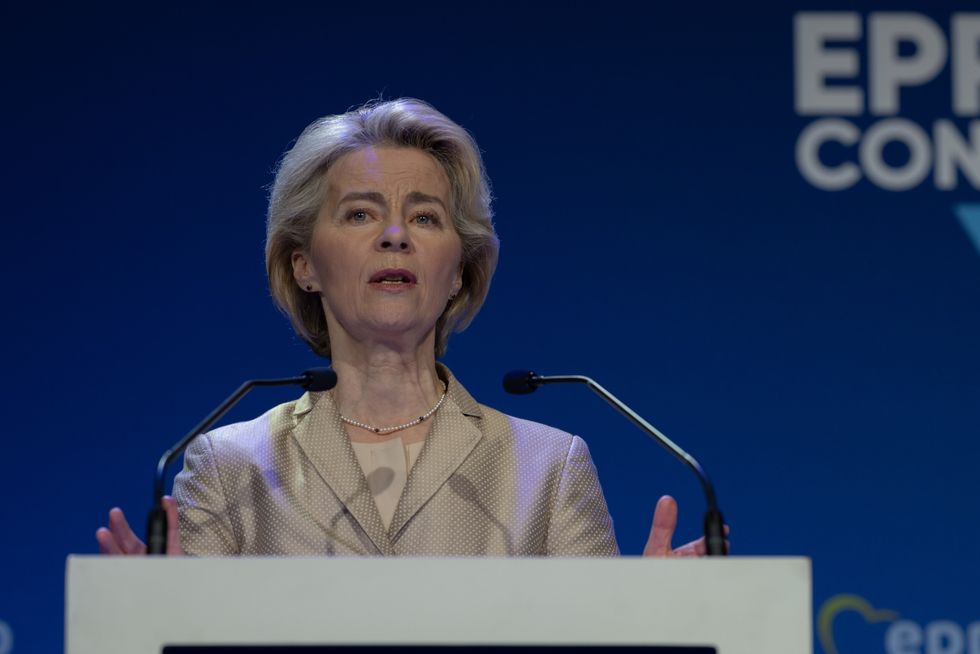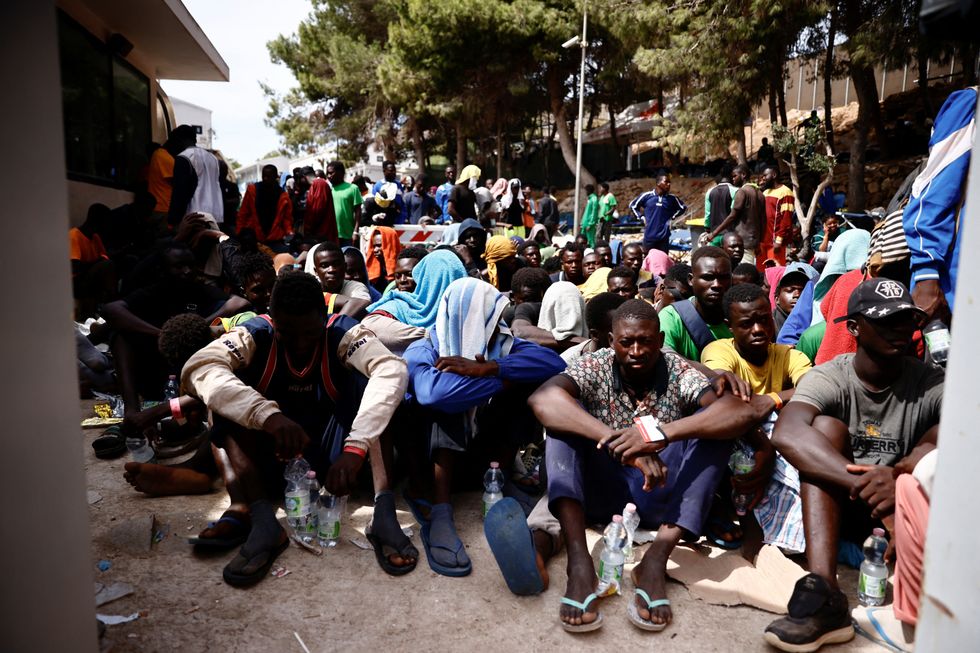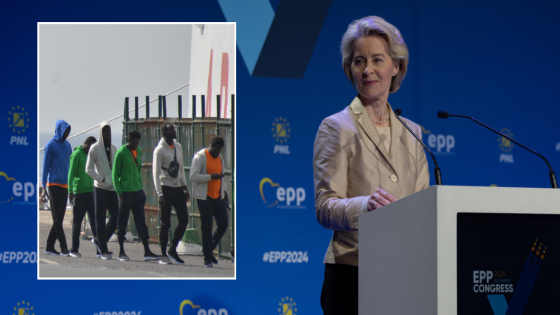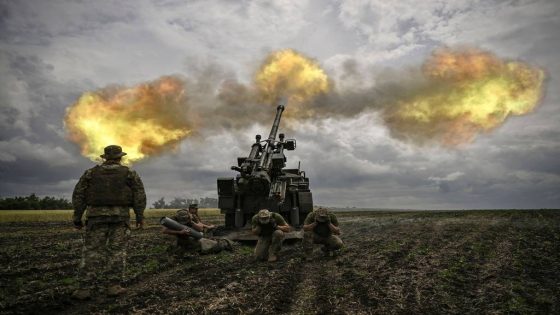Ursula von der Leyen is seen to be a shoo-in to win the elections this summer, something that was only confirmed when the EPP announced her as their lead candidate.
But that’s not to say her campaign will be an easy ride.
Just this week, Von der Leyen’s Home Affairs chief Ylva Johansson travelled to the West African country of Mauritania, as a fresh migration flashpoint flared up.
Thousands of migrants have been travelling from the country to the Canary Islands, seen as a gateway into the EU.
Ursula von der Leyen is seen to be a shoo-in to win the elections this summer
Getty
According to Spanish authorities, more than 7,000 people reached the islands by boat from Mauritania in January alone. This Tuesday, four migrants were found dead and 64 were rescued after trying to make the crossing.
There’s no doubt that Von der Leyen – who handed over a €210million (£179.5million) financial package to Mauritania last month – appreciates the scale of the problem.
As someone who is attempting to address growing concern over the EU’s migrant crisis, Von der Leyen is aware of how central an ability to secure Europe’s borders is to her re-election.
She is expected to put a strong emphasis on her ability to protect and police the EU’s borders during the campaign, last month announcing a historic package of measures to crack down on migration coming into the bloc.
LATEST DEVELOPMENTS:

President of the European Commission Ursula von der Leyen gives a speech at the European People’s Party (EPP) annual congress
Getty
The Migration Pact was approved by EU ambassadors in January. It proposes the detention of migrants for up to six months in some cases, as well as the detention of unaccompanied minors deemed to be a security risk.
The agreement came against a backdrop of mounting pressure to crack down on migration from EU member states, exacerbated by the growing popularity of right-wing parties – many of whom are campaigning on a promise to limit migration.
As many as 11 EU countries had already broken with Schengen free movement rules to introduce controls on migration.
Von der Leyen had also publicly cosied up to Italy’s leader Giorgia Meloni, a move somewhat seen to be symbolic of her increasing appeal to the right wing.
 Migrants on LampedusaReuters
Migrants on LampedusaReutersBut as the weather gets warmer, the boat crossings will increase – making any ability to police borders even harder. Until a solution is found, it is very unlikely that the crisis in Mauritania has reached its peak.
Von der Leyen’s recent approach to migration has generally been welcomed by many of those who will have a say in deciding the next EU commissioner.
But if Von der Leyen cannot get to grips with the latest flashpoint, it may undermine her image as someone who can be trusted with the bloc’s borders.
Source Agencies



